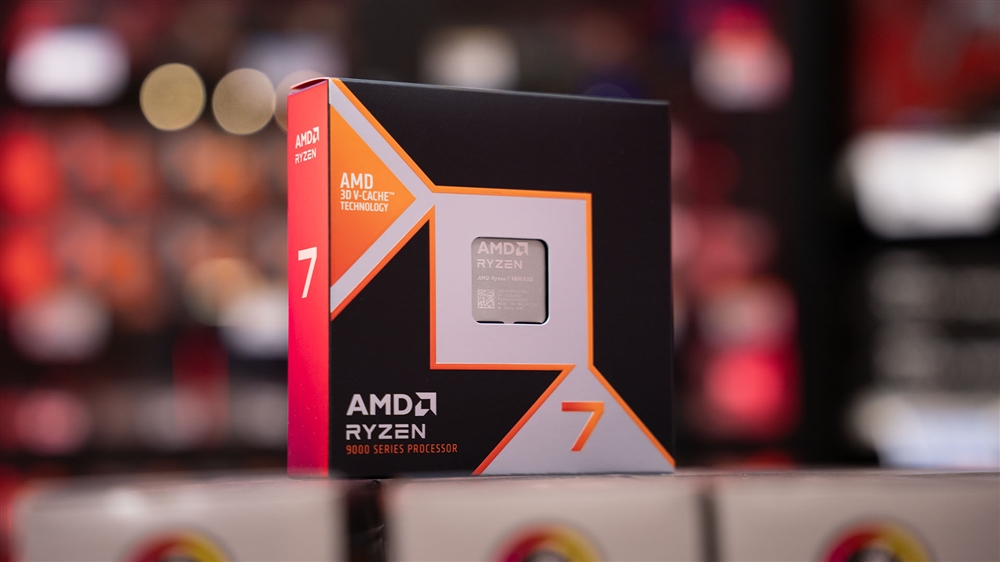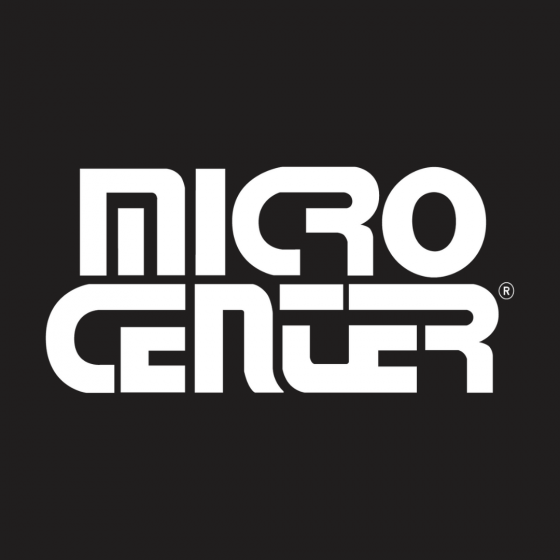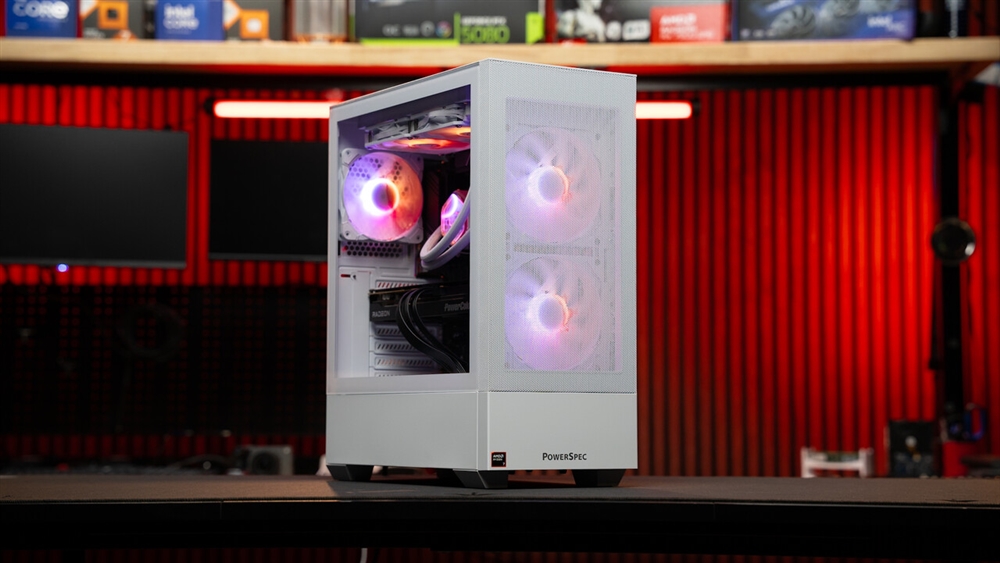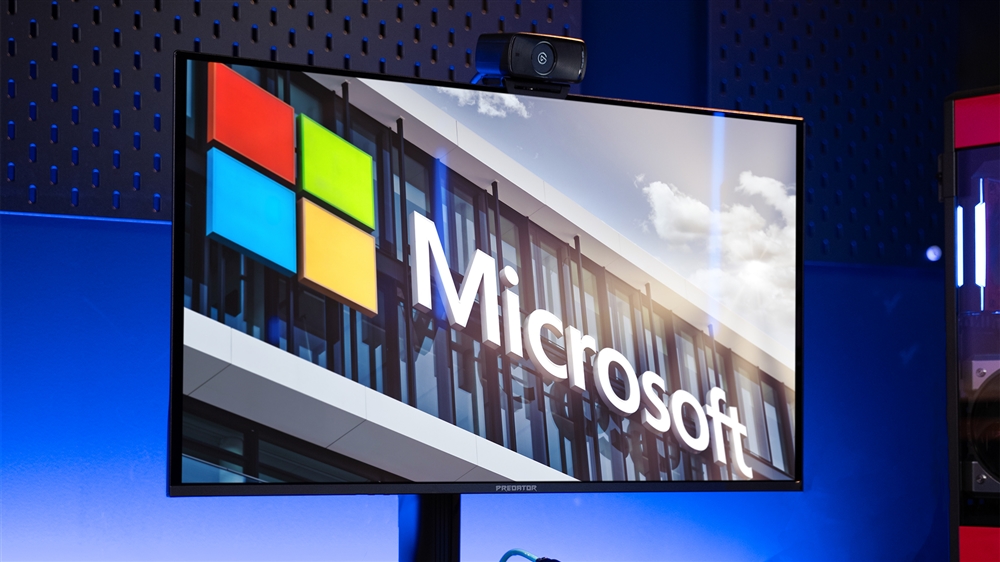Microsoft's AI Copilot Upgrades to GPT-4 Turbo and Dall-E 3
Microsoft's experiments with AI have taken many forms over the past couple of years, from Bing Chat to AI helpers in Microsoft (aka Office) 365 to the Edge browser. A couple of weeks ago, Microsoft Consumer EVP Yusef Mehdi announced that all those skills will be bundled together under the Copilot name, and now Mehdi says the latest consumer AI tools from OpenAI, GPT-4 Turbo and Dall-E 3, are coming to Copilot, which will be deeply integrated into the entire Windows 11 experience on your PC.
Touted as an AI-powered helper for everyday tasks, Copilot's objective is ambitious yet straightforward: transform basic responses into original, dynamic content. If it achieves what it promises, Copilot could significantly change how we use our PCs.
The integration of Copilot is extensive, spanning Windows 11, Microsoft 365, and internet tools like Edge and Bing. It aims to synthesize web context, workplace data, and user interactions in real-time. But AI, like any technology, is a work in progress. It reflects the data it's fed and the algorithms it's constructed with.
AI goes Local
Up until now, most AI interactions have been through cloud-based chatbots. By offloading heavy computational tasks to remote servers, these initial stabs at AI let users try the technology without the need for high-end local hardware. But relying on an always-on connection to a shared remote resource has serious limitations.
Looking ahead to 2024 and 2025, the potential of AI on local computer hardware is going to be a big topic. The computational demands of AI necessitate powerful hardware. For on-device processing, we're talking high-end GPUs (Graphics Processing Units), NPU (Neural Processing Units), and TPUs (Tensor Processing Units). These aren't just peripheral upgrades; they're essential components that will redefine the capabilities of AI on personal computers.
One of the most significant advantages of local AI processing is privacy. With data processed on your device, the need to send sensitive information to distant servers diminishes.
At the upcoming CES 2024 show, we expect to see a big push towards local, on-device AI, with the requisite hardware built into new laptops and desktops. Micro Center News will be on the ground at CES 2024 in January, covering all the latest tech news and new product announcements, so stay tuned to learn about what's coming in the new year, and how AI is going to become an integral part of your next PC purchase.
- See new laptops at Micro Center
- See new desktops ar Micro Center
- Start building a new PC with Micro Center's PC builder
Micro Center Editor-in-Chief Dan Ackerman is a veteran of tech news publications including CNET and Gizmodo and has been testing and reviewing laptops and other consumer tech for almost 20 years.
Comment on This Post
See More Blog Categories
Recent Posts
From Dorm Room to Office Desk: How to Prep Your College PC for the Professional World
With a few upgrades and a little cleanup, your beat-up college PC will be ready for your first job, freelance gigs, and endless Zoom meetings.
Continue Reading About From Dorm Room to Office Desk: How to Prep Your College PC for the Professional WorldThis Week in AI: Microsoft's Says AI Can Diagnose Patients Better Than Doctors
For July 4, 2025: Cloudflare blocking chatbots, ChatGPT referrals to news sites tick up, AI laws remain for states to decide.
Continue Reading About This Week in AI: Microsoft's Says AI Can Diagnose Patients Better Than Doctors








